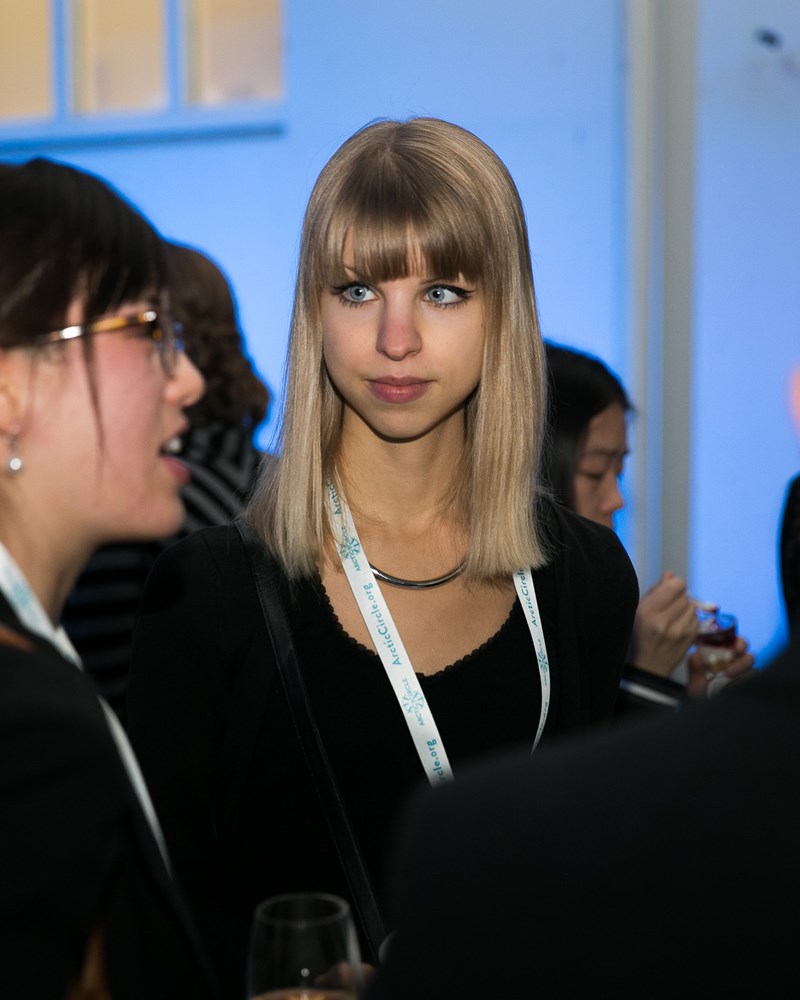‘Our Arctic’: Achievements, Opportunities, and Challenges in the Canadian North
Organized by: University of Toronto 5. September 2017
Beginning in the 1970s, Northern Canadian communities have entered into negotiations with the federal government to resolve their land claims. Since that time, many of those land claims have been settled and Canada’s northern communities – many of which are indigenous – have made great strides in achieving self-governance.
Those who live in Canada’s north strive to define and govern their regions within the political and economic challenges of Canadian Confederation. Beyond Canada, at the Arctic regional level, and into the sphere of the global economy Canada’s northern territories,
Speakers:
- The Honourable Bob McLeod, Premier of the Northwest Territories
- Madeleine Redfern, Mayor of Iqaluit, Nunavut
- Clint Davis, Chairman at NGC Nunatsiavut Inc.; Inuit Capital Strategy Trust; and Partner and Managing Director of Acasta Capital Indigenous
- David Ramsay, former Minister of Industry, Tourism and Investment, Northwest Territories; CEO of Arctic Mineral Resources; and Director, Fortune Minerals
Chair:
- Jessica Shadian, Distinguished Senior Fellow, Bill Graham Centre for Contemporary International History, U. of Toronto

